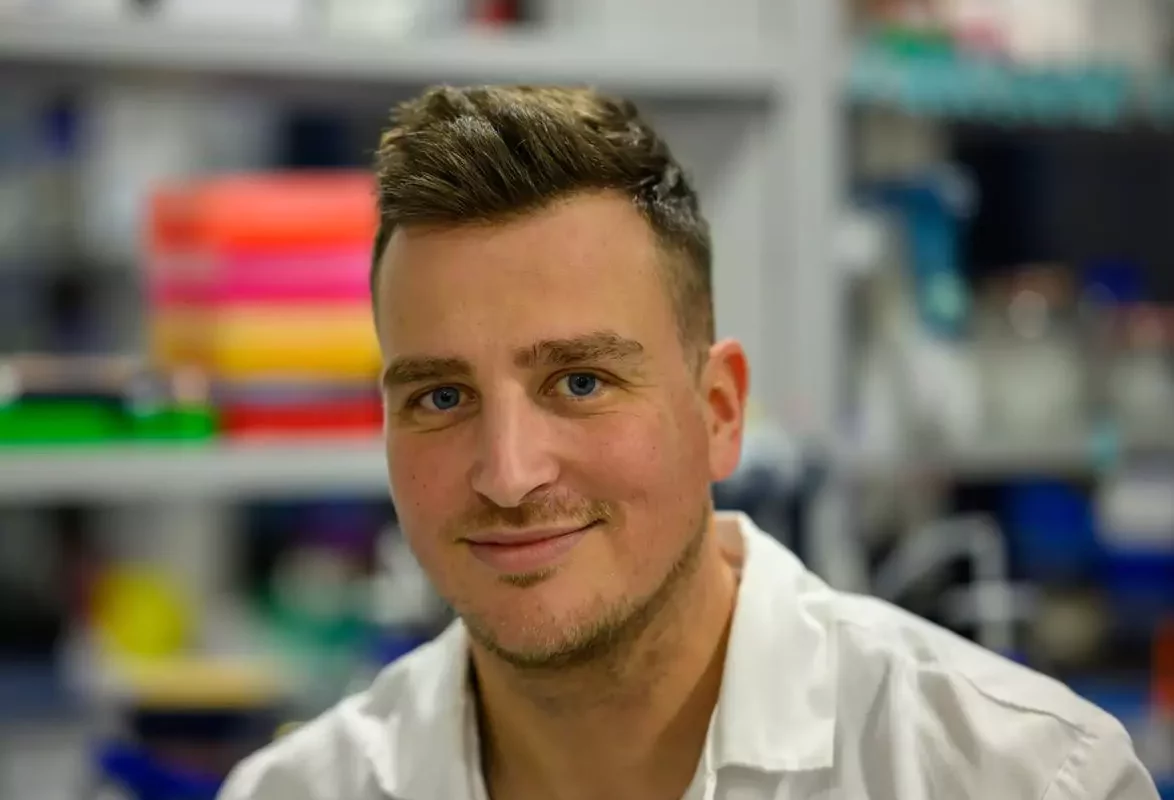Every year, more than 2,500 children and young adults are given a cancer diagnosis in France. Annually, 300 sadly lose their lives in their fight against the deadly disease.
The most common cancers suffered by the young are brain, bone and blood, and the approach to treatment for them is different to that employed for adults. One of the key reasons for this is that the disease is unlikely to have developed due to lifestyle factors, as is more common in adults, and instead has seemingly sprung out of nowhere.
NEW DEVELOPMENTS
On the final day of the 2024 Monaco Biennial Cancer Congress, which will be held from 23rd to 26th January at the Grimaldi Forum, Doctor Christopher Montemagno from the Centre Scientifique de Monaco, who specialises in uncovering innovative new treatments for paediatric cancer victims, will be leading a special conference on the breakthroughs in his field.
See more: CSM set to revolutionise treatment of childhood cancer
“The management of brain tumours in children today relies on the use of a trimodal approach involving excision surgery, chemotherapy and external radiotherapy,” says Doctor Montemagno. “Unfortunately, despite this protocol, 30% of patients have recurrences, with fatal relapses. It is therefore absolutely fundamental to propose new therapeutic approaches.”
THERANOSTIC APPROACH
His method is called the ‘Theranostic Approach’ and targets specific tumour cells using high sensitivity imaging to precisely define the affected areas, thus allowing for an increasingly precise radiotherapeutic option.
“Our team, with the assistance of the Princess Grace Hospital Centre and the Grenoble University Hospital Centre, was able to describe the role of the integrin αvβ3 protein in the development of this type of cancer and its involvement in relapses in young patients,” he explains. “Basically, we created a nuclear medicine vehicle that identifies the integrin. Once the identification is made, we replace the identifier with another nuclear medicine vehicle that destroys the tumour cells in the space they occupy, without affecting healthy cells.”
The concept is to treat tumours without affecting healthy cells, ideally causing less damage overall than can be incurred through the application of more traditionally used methods.
The Monaco Biennial Cancer Congress is set to unite more than 1,500 healthcare providers and specialists beneath one roof to discuss not only paediatric cancer, but also other forms of the disease, as well as pioneering preventative and treatment options.
Read related:
Join the Monaco Life community – sign up for the Monaco Life newsletter, and follow us on Threads, Facebook, Instagram, LinkedIn and Tik Tok.
Photo via Centre Scientifique de Monaco
